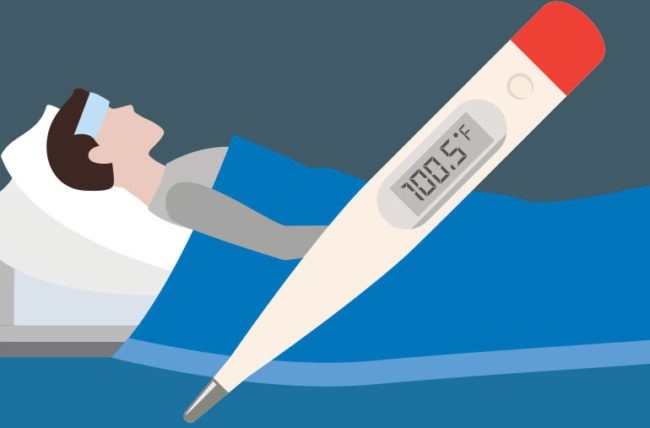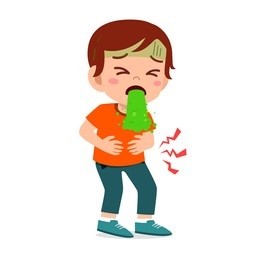HOW TO RECOGNIZE HIV SYMPTOMS
Add to favoritesRs 0
HIV (human immunodeficiency virus) is the virus that causes AIDS ( acquired immunodeficiency syndrome). HIV attacks the vulnerable system, destroying a type of white blood cell that helps the body fight off infection and complaint. There are many different symptoms that could be possible signs of having HIV, but many of these symptoms also are associated with other ails, like the flu or a deep freeze. Testing is the only sure way to determine if you have HIV. There are symptoms to look for that could be a warning that you have an infection.
Spotting Early Symptoms
Determine if you are experiencing acute fatigue with no explainable cause.
Fatigue can be the sign of numerous different ails, but it's a symptom endured by numerous people with HIV. (2) This symptom should not beget great alarm if it's the only bone you are feeling, but it's commodity to look into further. (3)
• Acute fatigue is not the same as simply feeling sleepy. Do you feel tired all the time, indeed after a good night's sleep? Do you find yourself taking further autumn naps than usual, and avoiding emphatic conditioning because you feel low energy? This type of fatigue is beget for concern.
• If this symptom persists over a many weeks or months, be sure to get tested to rule out HIV.
Be on the lookout for a fever or excessive night sweats.
These symptoms generally do during the early stages of an HIV infection, during what's called the primary or acute HIV infection stage. Again, numerous people do not have these symptoms, but those who do generally witness them 2-4 weeks after contracting HIV.
• Fever and night sweats are also symptoms of the flu and the common cold. However, that might be what you are passing, If it's flu or cold season.
• Chills, muscle pangs, sore throat, and headache, which are also symptoms of the flu and deep freeze, can also be signs of an early HIV infection.
Check for swollen glands in the neck, armpits, or groin.
The lymph bumps swell in response to fleshly infections. This does not be to everyone who has primary HIV, but among those who have symptoms, it's a common bone.
• The lymph bumps in the neck tend to swell further than those in the armpits or groin with an HIV infection.
• Lymph bumps can swell as a result of numerous other types of infections, similar as a cold or the flu, so farther disquisition is necessary to determine the cause. Note instances of nausea, vomiting and diarrhea.
These symptoms, which are commonly associated with the flu, can also indicate an early HIV infection. Get tested if these symptoms persist.
Pay attention to mouth and genital ulcers.
if you see a mouth ulcer appear along with the other symptoms noted, especially if you don't commonly get mouth ulcers, it may be a sign of primary HIV infection. Genital ulcers are also an indication that HIV may be present.







